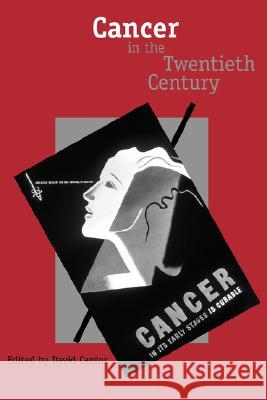Cancer in the Twentieth Century » książka
Cancer in the Twentieth Century
ISBN-13: 9780801888670 / Angielski / Miękka / 2008 / 368 str.
This collection of essays explores efforts to control and prevent cancer in North America and Europe. On both sides of the Atlantic, control programs emerged in the early twentieth century, and most were focused on early detection and treatment. Yet, those initiatives took very different forms in different countries. Experts disagreed on how to persuade the public to go to their doctors, what should be the role of public education, how cancer services should be delivered, who should provide them, which forms of therapy were most appropriate to particular cancers, and where to draw the line between therapy and prevention. Focusing on the United States and Britain, this volume examines why these differences emerged, how they shaped national programs of control, and how control programs in the early twentieth century presaged and set the conditions for the emergence of prevention-oriented programs in the 1960s and 1970s. Featuring works by leading medical historians on subjects such as the portrayal of cancer in the movies, feminist surgeons, risk factors for breast cancer, and the emergence of clinical trials, Cancer in the Twentieth Century will engage historians of medicine and public health as well as health policy analysts, medical sociologists and anthropologists, and medical researchers and practitioners.











